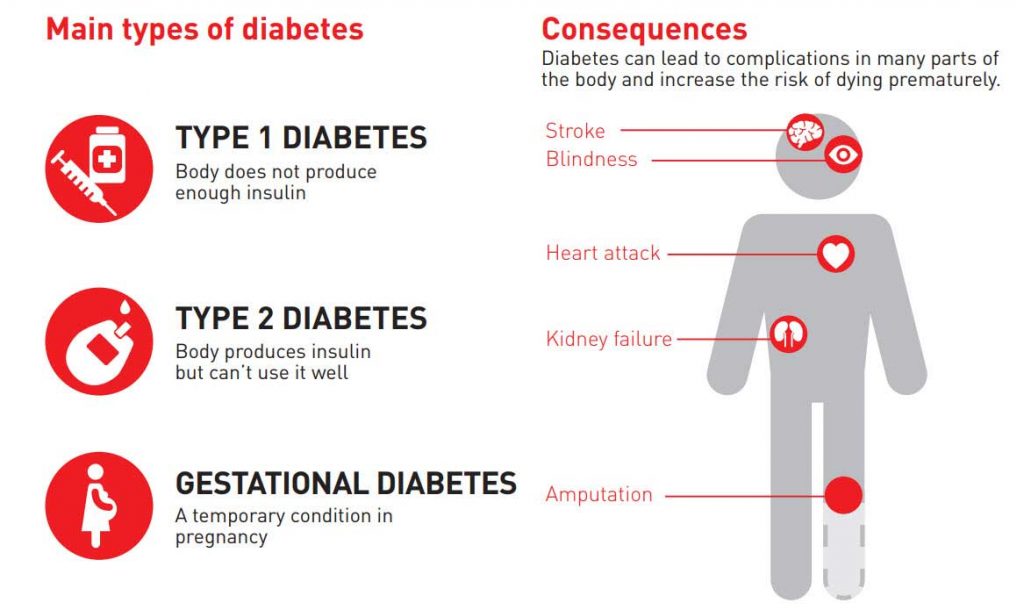Home diabetes test aimed at Australia’s 500,000 undiagnosed cases
Health & Biotech
Health & Biotech
A home diabetes detection test promises to reduce an estimated 500,000 cases of undiagnosed cases in Australia.
Globally, the number of people with diabetes has quadrupled since 1980, rising to 422 million according to the World Health Organisation.
About 7 per cent of Australians are thought to have the disease, which occurs when the pancreas doesn’t produce enough insulin or the body cannot use the insulin it produces.
Without adequate insulin, the body cannot regulate blood sugar properly, leading to hyperglycaemia and eventually more serious problems such as blindness, kidney failure, heart attacks, stroke, lower limb amputation and death.
Some 2 million Australians are estimated to have pre-diabetes which requires regular monitoring and lifestyle changes.
Until recently, diabetes tests have required a visit to a pathologist.
ITL Health Group (ASX:ITD) is aiming to change that with an easy-to-use home test developed by its subsidiary MyHealthTest (MHT).
“There are a number of disadvantages to the traditional test method,” MHT general manager Dr Nick Cerneaz told Stockhead.
“A significant number of people don’t like needles and there is also the time inconvenience as you need to present yourself at a pathology collection centre during their normal business hours.
“For a lot of people that means they have to skip breakfast, if fasting sample is required, and possibly be late to work that morning which may incur costs of time, parking and pathology co-payments.”
It is also challenging for a patient to get access to test results, which are usually sent directly from pathologist to GP.
“While a patient is entitled to the data, most people do not have the patience to overcome the hurdles required to get a copy of the test reports,” Dr Cerneaz said.
MHT’s test, launched last year, can be ordered online or bought at pharmacies for $35 each.
It requires a finger prick blood sample to be spotted onto a special card that is sent to MHT’s wholly owned laboratory for testing.
Results are then delivered to the patient and their healthcare professional over MHT’s online secure portal.

The test assesses the presence or risk of diabetes by measuring glycated haemoglobin.
Glycated haemoglobin (or HbA1c) provides a picture of an individual’s average blood-sugar levels over a specified period. The higher the HbA1c, the greater the risk of developing diabetes-related complications.
Test results are sent directly to the patient and their doctor.
“The customer can read and absorb the test results and other relevant information about the test results in their own time. Without the pressure of “being in a consultation with their doctor”, they can take their time to understand and become more informed about their own health.
“Being more informed allows the patient to move straight into a dialog about actions and therapy,” he added.
There is also a subscription service for patients with chronic conditions or those who require regular repeat testing to monitor progress.
Dr Cerneaz said the service had received a strong response.
“Perhaps most tellingly has been the enthusiasm from the patient support associations like Diabetes NSW and luminary research studies that are all promoting our services as they see strong synergies with their own efforts,” he said.
The Australian market is estimated to be $500 million per year and growing with 100,000 people developing diabetes each year.
MHT will focus on achieving scale and profitability in the Australian market first before looking towards overseas markets.
”We see great potential for our work overseas and we will pursue those options after the initial establishment in Australia,” Dr Cerneaz said.
“The Australian market, clinical experience and regulatory environment is very highly respected overseas and so this provides an ideal base from which to then launch global activity.”
MHT’s HbA1c test is in use as part of a world-first diabetes prevention program at Sydney University’s Charles Perkins Centre.
The program investigates standard care and the addition of natural medicines to see if they have added benefit for diabetes prevention.
Program participants receive ongoing healthcare professional support as well as regular medical monitoring, cognitive function testing and dental health examinations over a one year period.
“The Boden Institute are using and promoting our services in their research studies because of the sheer convenience of doing these necessary tests via our approach,” Dr Cerneaz said.
“That has provided us with a very strong market presence, and lifted our brand awareness tremendously.”
During this year’s National Diabetes Week in July, MHT provided 1000 free HbA1c diabetes tests. On the back of considerable demand, MHT increased the number of free tests to 2,000 and extended the period by one week.
Earlier this year, MHT was granted accreditation for its testing laboratory to the ISO15189 and NPAAC (National Pathology Accreditation Advisory Council) standards by the National Association of Testing Authorities (NATA) and Royal College of Pathologists of Australasia (RCPA).
Since reaching a high of 66c in May, ITD’s shares drifted back to 49c on August4, valuing the company at $47 million.
This article does not constitute financial product advice. You should consider obtaining independent advice before making any financial decisions.